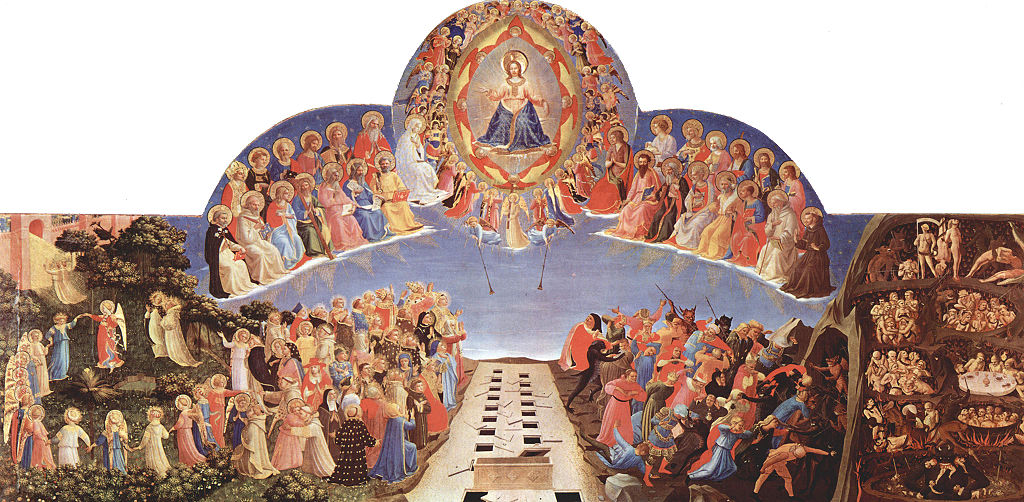At various councils, and in various decrees, the Church speaking against Prostentantism and Jansenism clearly defined what Christ meant by many statements in the Bible, and references in the Old Testament pointing to the salvation given to us by grace.
Many Catholics may be shocked, or at least, surprised, by Christ's statements in John 17:12, John 10:27-30, Matt. 22:14, Matt. 24:22, and John 15:15. St. Paul also refers to predestination in I Cor. 4:7, Phi. 2:13, Eph 1:3-7 and Romans, both in chapter 8 and chapter 11.
SS. Augustine, Thomas Aquinas and Robert Bellarmine, (one of the great minds behind Trent) also have added to the teaching.
If a reader does not have time to read all the above Scripture passages, the main one which may help define this series is Romans 8:28-30.
Chapters 9-12 of Ephesians, as Garrigou-Lagrange points out, defines two ideas, at least, which are helpful to this post. First, that God's gifts of salvation and grace are completely gratutitous and not earned by any human being.
Second, there is a teaching on "predilection" which may be seen in both the history of nations and of individuals.
One may ask these questions, humbly and sincerely: Why was I born a Catholic? How is it that God gave me graces of conversion? Why is it that I am following God, His Commandments and His Church and not others? How is it that I live in a place where there is freedom for Christians and not in a country where Christians either are missing entirely, or have been forced out, or killed?
The recent events in Mosul must cause all to reflect on the daily freedoms we have to worship God.
God is God and His decisions are free. Lagrange points out three areas which he will discuss:
1) "God has chosen certain persons to constitute the elect. 2) He has caused this election to be efficacious so that they will infallibly get to heaven...3) God's choice of the elect was entirely gratuitous and previous to any considerations of foreseen merits...."
In Romans, St. Paul writes this: "As H chose us in Him before the foundation of the world, that we should be holy" and "For whom He foreknew, (in His benevolence), He also predestined to be made conformable to the image of His Son."
St. Augustine writes this, as Garrigou-Lagrange notes: "Predestination is the foreknowledge and preparedness on God's part to bestow the favors by which all those are saved who are to be saved."
And, "God already knew, when He predestined, what He must do to bring His elect infallibly to eternal life."
Now, we are asked to work out our salvation in "fear and trembling", never taking it for granted. I think of one of my brothers who is a Baptist, sort-of, although no longer church-going, and who thinks that his salvation and forgiveness is a one time event. I cannot convince him of the necessity of confession and Sunday Mass, but I pray for him. The Protestant confused idea of predestination has caused a laxity among those who reject the sacramental life of the Church.
This mini-series will cover some of the main ideas in Garrigou-Lagrange's book. I hope you want to follow this intriguing topic.
 |
| http://upload.wikimedia.org/wikipedia/commons/thumb/3/3b/Fra_Angelico_009.jpg/1024px-Fra_Angelico_009.jpg |